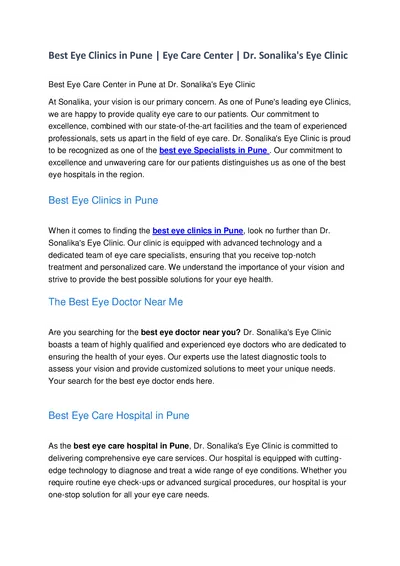PDF-Center for Global Health
Author : desha | Published Date : 2022-08-20
Division of Parasitic Diseases and Malaria CS226359 Chagas Disease Fact Sheet What is Chagas disease A disease that can cause serious heart and stomach illnesses
Presentation Embed Code
Download Presentation
Download Presentation The PPT/PDF document "Center for Global Health" is the property of its rightful owner. Permission is granted to download and print the materials on this website for personal, non-commercial use only, and to display it on your personal computer provided you do not modify the materials and that you retain all copyright notices contained in the materials. By downloading content from our website, you accept the terms of this agreement.
Center for Global Health: Transcript
Download Rules Of Document
"Center for Global Health"The content belongs to its owner. You may download and print it for personal use, without modification, and keep all copyright notices. By downloading, you agree to these terms.
Related Documents














